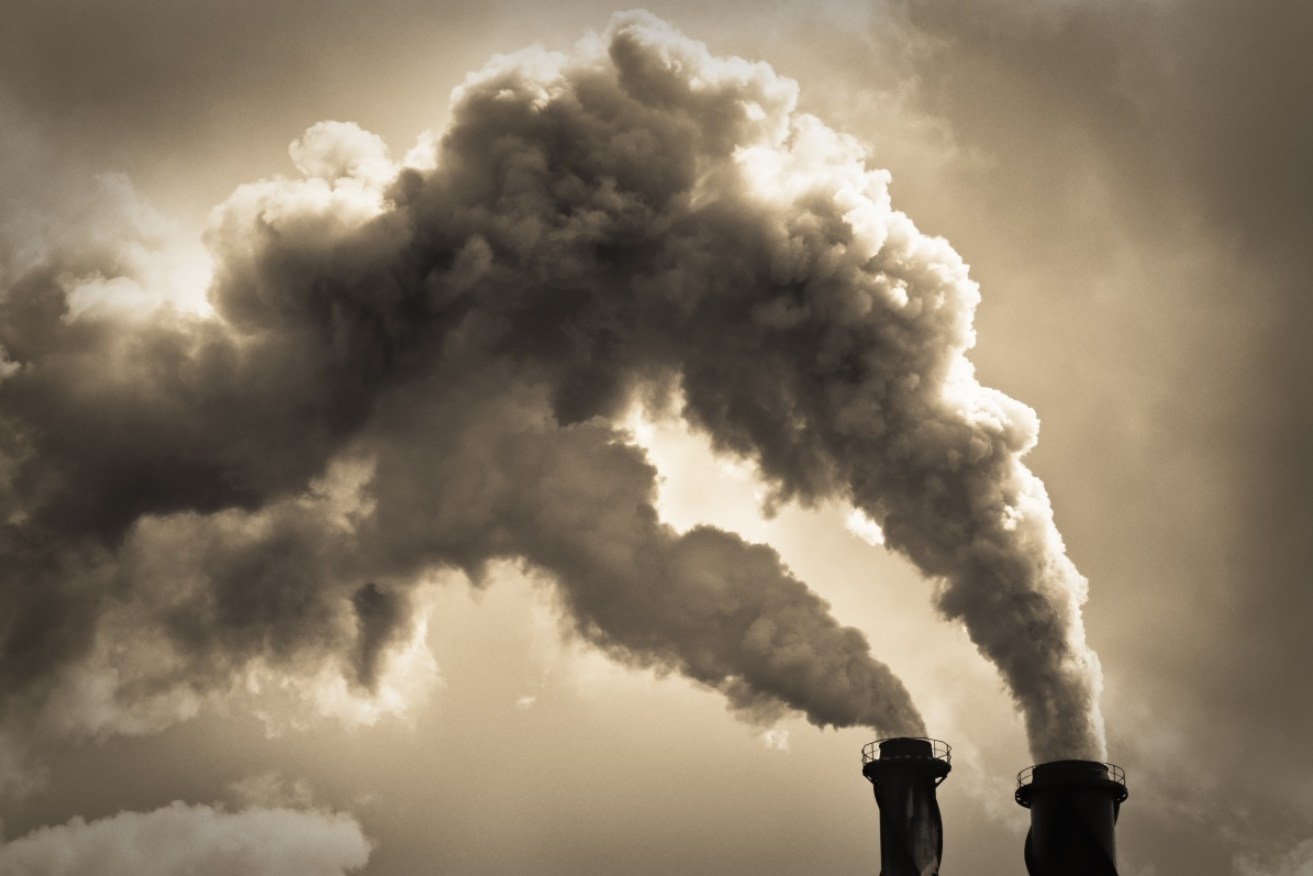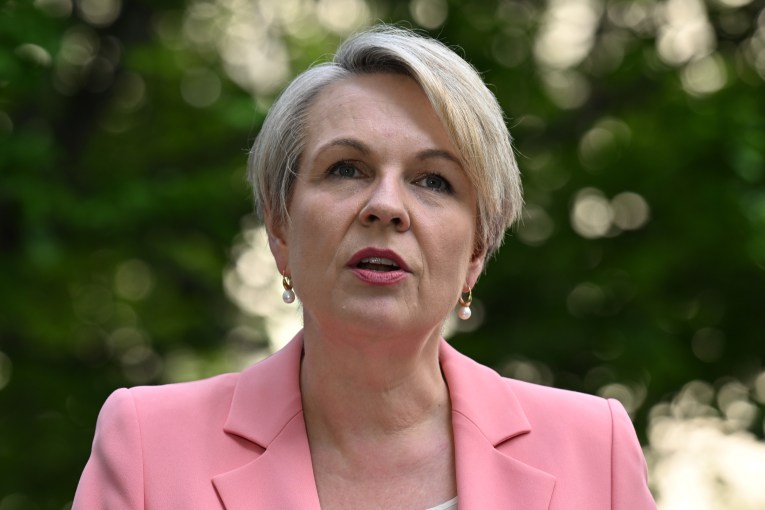Australia is the world’s third-largest exporter of CO2 in fossil fuels, report finds

"Carryover credits" were used to satisfy Australia's emissions targets under the Paris Agreement. Photo: Getty
When we think of big fossil-fuel-producing nations, it’s usually Iraq, Saudi Arabia, Iran, and maybe Venezuela that spring to mind – but a new report places Australia near the very top of that list.
The analysis, released on Monday by public policy think tank the Australia Institute, measures fossil fuel exports according to their carbon dioxide-emissions potential.
It ranks Australia as the world’s third-biggest exporter, behind only Russia and Saudi Arabia.
In other words, when Australian fossil fuels – primarily coal – are burned overseas, the amount of carbon dioxide they produce is higher than the exported emissions of nearly all the world’s biggest oil- and gas-producing nations, like Iraq and Kuwait.
Australia mines about 57 tonnes of CO2 potential per person each year, about 10 times the global average, and exports 7 per cent of the world’s fossil fuel CO2 potential, the report found.
Australia is the biggest coal exporter in the world, and export emissions should be counted toward our overall emissions footprint, according to the climate and energy director at the Australia Institute, Richie Merzian.
“Australia should be factoring this in, in how we consider our climate change responsibilities,” Mr Merzian said.
The reason Australia’s CO2 exports are so high is that we primarily export coal, which emits high amounts of CO2 per unit of energy production, compared to oil and gas.
The figures the report is based on come from the International Energy Agency’s standardised energy units for crude oil, refined oil, natural gas and coal, expressed as kilotonnes of oil equivalent (ktoe).
These are combined with IPCC data, which gives CO2 emissions per energy unit for each fuel type, expressed as kilograms of CO2 per terajoule.
The report comes days after Australia stymied efforts by small island states to get Pacific-wide consensus on their declaration for stronger action on climate change.
Australia moved to water down language referring to a climate “crisis” and objected to the call for revisions to emissions reduction targets, and the phasing out of coal use.

Australia’s increasing coal exports could contribute to a tripling of the nation’s share of international carbon emissions. Photo: Getty
Do Australian exports fuel clean energy transition?
But CO2 emissions from Australian coal exports aren’t so black and white, according to the Australian Petroleum Production and Exploration Association.
The APPEA had not responded to questions from the ABC by Monday morning – but a statement from the industry body in June claimed that Australian fossil fuel exports, namely gas, are helping to reduce worldwide CO2 emissions.
“The global appetite for energy is growing, with more than 1.1 billion people still lacking access to electricity. Substituting LNG for more emissions-intensive fuels allows importing countries to satisfy growing demand while reducing emissions,” APPEA CEO Andrew McConville said at the time.








